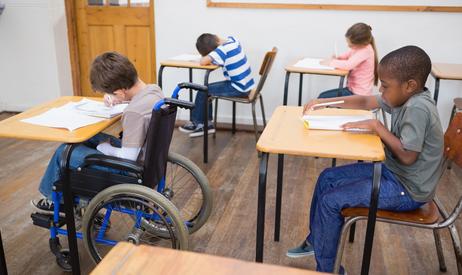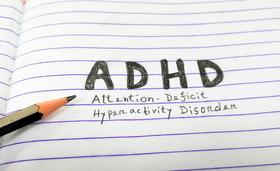Every child learns in his own way and at his own pace. Unfortunately, children who learn differently often fall behind in school because the entire class cannot be adjusted to suit the needs of one child. If you are worried about your child’s needs not being met, you may want to consider getting him some extra help outside of school.
There are many different options available for tutoring, but many parents prefer private tutoring. Before you decide, take the time to learn about the different options as well as the pros and cons of private tutoring. You should also learn about the best way to choose a tutor and how to walk the line between giving your child enough support and interfering with his in-school learning.
Types of Tutoring Available for Kids
Just because your child is not doing as well as he could in school doesn’t mean he is stupid. There are many factors that need to be considered when it comes to a child’s academic performance. For example, some children are visual learners while others can learn simply by reading a book. Some children also take a little more time to understand concepts which can make them fall behind in class if the teacher moves too quickly. No matter what your child’s individual struggles may be, getting him some help outside of school might be a good option. Here is an overview of the different types of tutoring and educational service providers you might consider:
- Private






















